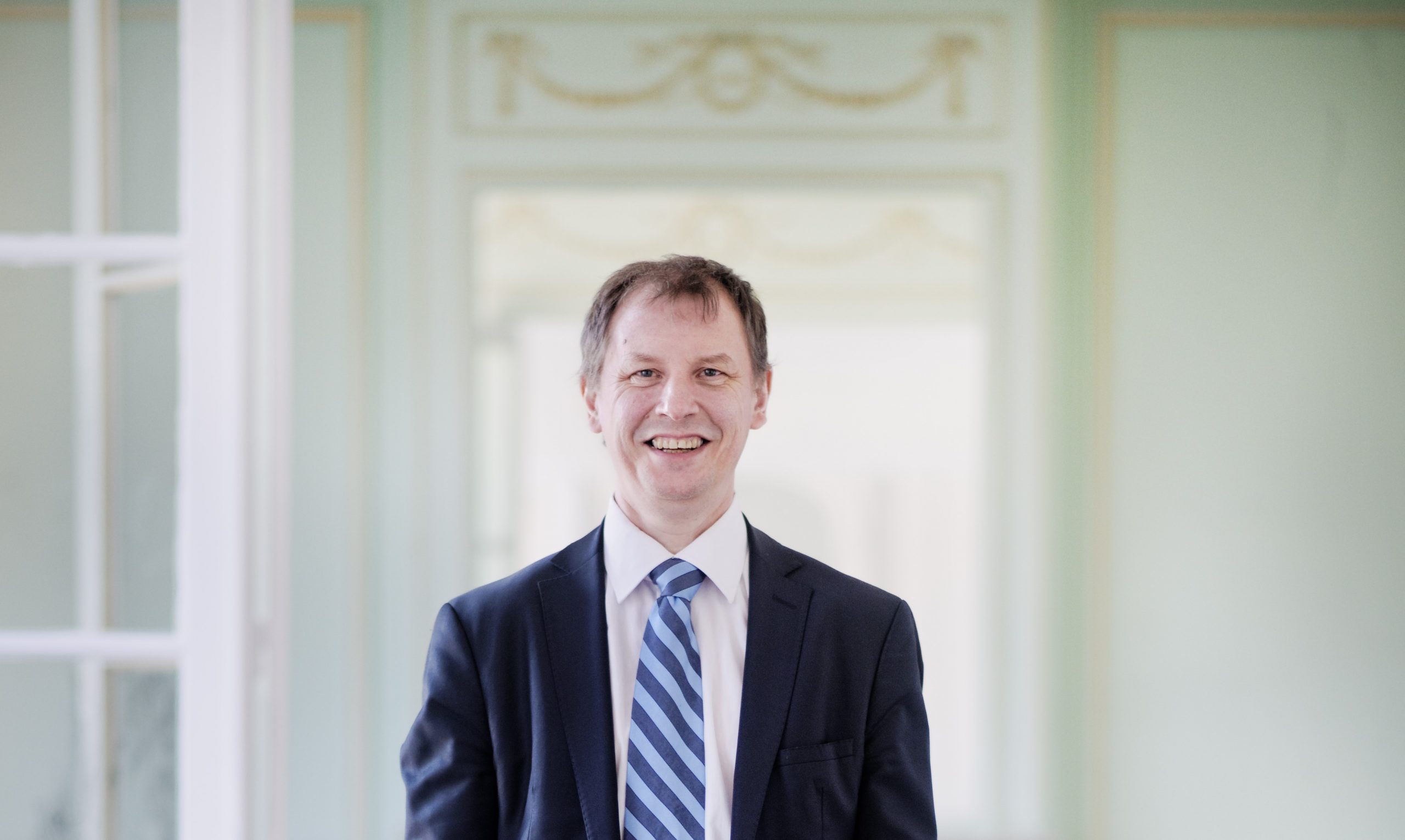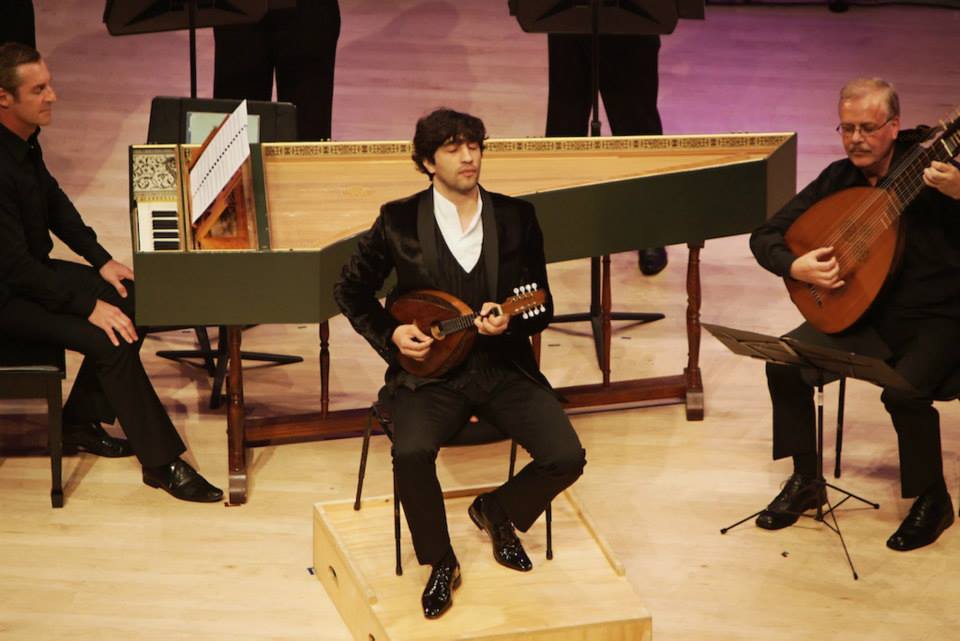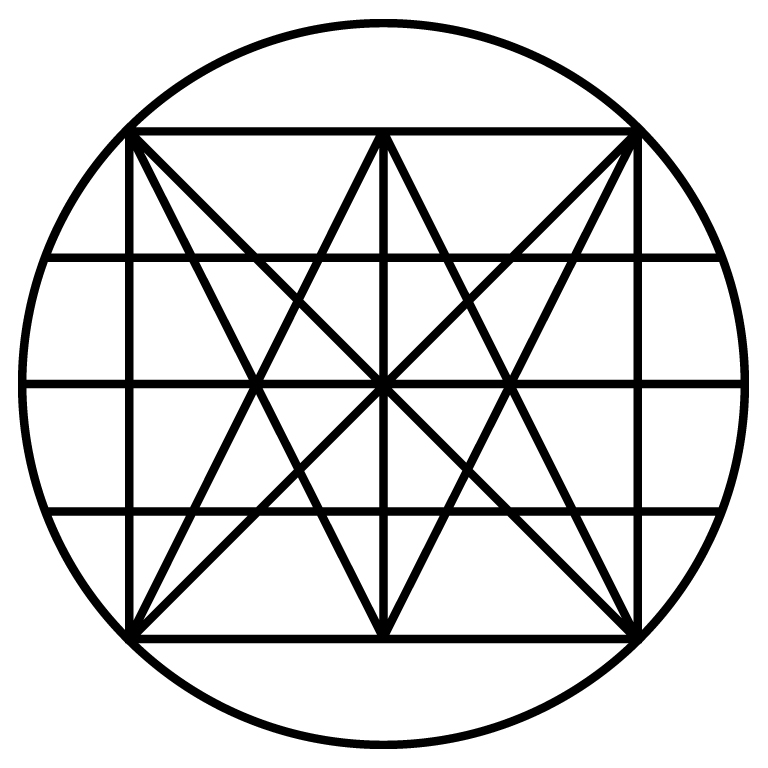French Baroque Expert Visits Sydney
Visiting Sydney in late November was Stéphane Fuget, French conductor, keyboard player and, along with his partner, soprano Claire Lefilliatre, founder of the specialist French Baroque ensemble, Les Epopées. Fuget is recognised as one of the most prominent experts of French early and Baroque music and despite a busy schedule on his first visit to the Antipodes, had time to talk to SoundsLikeSydney about his work.
Established in 2019, Les Epopées has rapidly built a formidable reputation. Since July 2020, the ensemble has been in residency at the Château de Versailles, performing amongst other gems of the European Baroque, the music of Rameau, Purcell, J S Bach and the complete cycle of Lully’s Grands Motets, video-recorded for European TV channel, Arte, as well as Monteverdi’s operas. Their recordings for the Château de Versailles Spectacles label have been highly acclaimed by French and international critics. Les Épopées is also in residency in Arques-la-Bataille and at the International Opera Festival of Beaune. Fuget combines this performing schedule with his teaching at the Paris Conservatoire where he is Professor of Vocal Coaching and where he established a course in French Baroque Opera.
Fuget’s eyes light up at the prospect of talking about his passion, the French Baroque. Asked about its unique character, Fuget says “The first thing that comes to mind is the idea of the ornaments which are so clearly expressed in France in treatises. There are pages and pages of how to do it, but the biggest problem is that they are mostly not written in the scores so we have to rebuild what they possibly should have been.”
“I put a lot of ornaments in the interpretation of Les Epopées just because it’s very expressive and a powerful process which expresses the music strongly. But ornaments are also always strongly linked with the text, so when you have an accent in French, a long syllable, you should put some ornaments. It was also the time of Descartes in France in the 17th century so there is an attempt to be very mathematical in the way you think and express the ornaments.”
To understand how ornaments were used historically, Fuget references a surprising resource as he points to the clocks of Marie Antoinette’s time as illustrating how they were applied. “We have no recordings of that moment, but the amazing thing is that we have, from the end of the 18th century, clocks which were made for Marie Antoinette. These clocks play music so it’s a kind of recording of that moment. Of course, there are also famous Airs which are still sung in France by everybody – every nanny, every mother, young boys and girls sing that music. This music has no ornaments so when we compare with the music from the clocks of Marie Antoinette’s times which are full of ornaments, it gives an idea of what to do.”
“The biggest source we have for Lully’s music comes from the German musician, Georg Muffat who came to France and probably listened to Lully’s orchestra. Because it was so different to what he was used to hearing and the way to play, he wrote a very important introduction to his own compositions on instrumental performance. For the singers we have two big treatises in the 17th century, one from Benigne de Bacilly and one from Jean Millet. We have also, scores from the middle of the 18th century, teaching the harpsichord. As much as possible it is building an idea of what was heard at that moment.”
“It’s like if you think of the Galerie des Glaces, (The Hall of Mirrors at Versailles) with the gold and the glass and the sun reflecting in the glass; the brightness and everybody very well dressed with a lot of ornaments and bijoux. Everything twinkles and sparkles, it is very difficult for me to imagine that the music doesn’t go in this way as well.”
Fuget began his musical journey learning the piano aged 5 years. Accompanying his grandfather who was a “natural” singer, he began improvising as he moved into his teens. “The musical idea at that moment was to respect the score as much as possible so my teachers who were wonderful, had this idea of the score as a Bible instead of a score on which you can be really free. So, I was not so happy at the piano and when I went to the Conservatoire aged 18 years, I was able to try the organ and the harpsichord and discovered in the harpsichord, the freedom that I lost in piano interpretations.”
“So I became a harpsichord player in my 20s and when I was in my 30s, I began to do opera production as an assistant of Christophe Rousset and Jean-Christophe Spinosi and also some productions with Marc Minkowski. That made me what we call chef du chant (vocal coach), working with singers on interpretation, style and language.”
Fuget’s career seemed to progress in decades as in his 40s, he was invited to teach at the revered and substantial early music dept in the Conservatorium of Paris. There, he taught vocal coaching and established the course in French Baroque opera, both unique courses of study. This allows him the exceptional opportunity to present two or three opera productions every year. “We did operas with 90-95 people on stage with dancers, singers and that made me to have my own interpretation which is not the case when you work for another conductor.”
“Then when I arrived at almost 50 years, I thought I can build an orchestra to express my ideas and so we built Les Epopées which is now 4 years. It is a very young ensemble.”
Not so long ago, the prospect of a historically informed performance (HIP) was a novel experience. Now, it has become expected and very much the norm. What’s next in this journey of musical discovery? Fuget agrees that the HIP is fast becoming mainstream with its original proponents like Nikolaus Harnoncourt presenting his ideas nearly 7 decades ago. “Now we have a fourth generation of HIP with second and third generation teachers instructing in a kind of a live transmission of this music. It is important now that we shouldn’t stop researching and learning about different techniques and bows and strings.”
“I have a little story” says Fuget. “I was in Vienna for Harnoncourt’s last performance of the three da Ponte operas. He said to the singers ‘Don’t sing the notes in the recitatives. Talk, l but don’t sing the notes.’ This is historically very accurate; something that almost never happens in the interpretations generally. You can hear that in Rossini, in opera buffa, but in Mozart, not that much. And I was thinking, that for Harnoncourt to do the music in a different way at more than 80 years, he was still searching for something new, something that we didn’t explore before. This is the lesson that was the energy for me to build Les Epopées to realise that and to continue it.”
The question remains as to why Fuget was in Sydney. To that I can only respond with a knowing wink and the exhortation to “Stay tuned.”
Shamistha de Soysa for SoundsLikeSydney©






